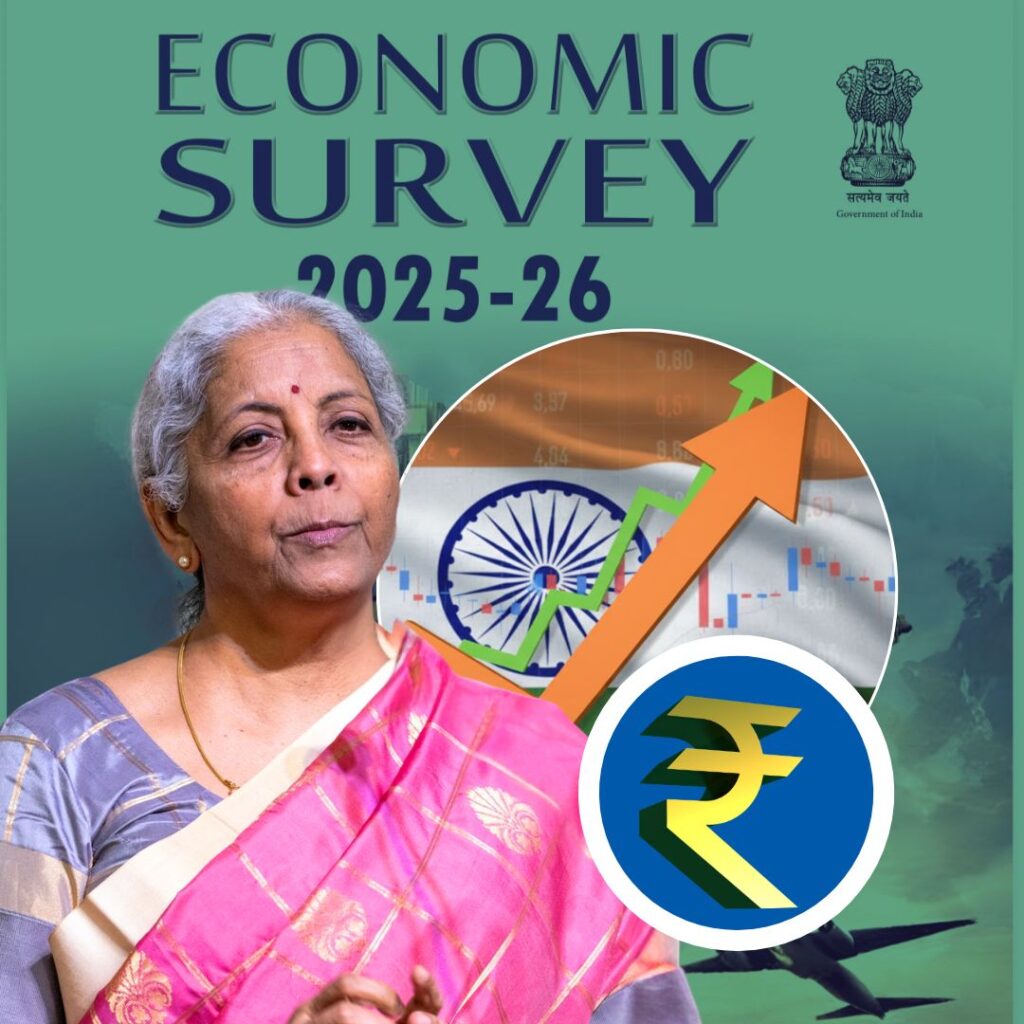Pem Wangjom Thongdok, an Indian woman born in Arunachal Pradesh and, was detained for over 18 hours at Shanghai Pudong International Airport on November 21, 2025. Chinese immigration officials allegedly refused to acknowledge her Indian passport, claiming it was invalid because her place of birth, Arunachal Pradesh, is a territory claimed by China.
Thongdok was reportedly travelling from London to Japan with a scheduled layover in Shanghai. Despite holding a valid Japanese visa, her passport was confiscated, and she was barred from boarding her connecting flight.
Officials reportedly scorned her, suggesting she should apply for a Chinese passport.

Harrowing 18-Hour Ordeal and Official Intervention
The ordeal escalated distressingly when Thongdok, confined to the airport’s transit area, was prevented from rebooking tickets or moving freely across terminals. With no official updates or assistance, she reached out to the Indian Consulate in Shanghai through a friend in the UK.
The consulate intervened, and she was finally allowed to leave late at night to continue her journey. Thongdok has publicly condemned the incident as a direct insult to India’s sovereignty and to the citizens of Arunachal Pradesh, and asked, “Is Arunachal Pradesh a part of China?”.

The Broader India-China Border Dispute
This incident cannot be viewed in isolation. Arunachal Pradesh is a sensitive flashpoint in India-China relations, with China consistently asserting territorial claims over the state, it refers to Arunachal as “South Tibet.”
Over recent years, multiple reports have highlighted how this contentious status has affected residents born in the region, leading to travel disruptions or harassment in third countries due to China’s political stance. Such episodes deepen diplomatic strains between the two nations and erode trust, complicating efforts aimed at improving bilateral cooperation.
They highlight the human cost of unresolved geopolitical disputes, especially for ordinary citizens caught in the middle.
Randhir Jaiswal, the spokesperson for India’s Ministry of External Affairs, has consistently taken a firm stand against China’s claims over Arunachal Pradesh. In May 2025, responding to China’s move to rename 27 locations in Arunachal Pradesh with Chinese names, Jaiswal called the action “vain and preposterous,” emphasising that “creative naming will not alter the undeniable reality that Arunachal Pradesh was, is, and will always remain an integral and inalienable part of India.”
He categorically rejected China’s persistent attempts to assert territorial claims through such symbolic actions and stressed India’s principled position on the sovereignty of Arunachal Pradesh. Jaiswal’s statements underline India’s strong diplomatic posture and its refusal to acknowledge any Chinese claims over the region, reinforcing that these efforts by China have no legal or factual basis and do not affect India’s sovereignty.

The Logical Indian’s Perspective
The Logical Indian stands firmly for the respect of human dignity, lawful identity, and the rights of citizens regardless of geopolitical tensions. This episode is a stark reminder of how political disputes should never override individual rights and freedoms.
The mistreatment of Pem Wangjom Thongdok by officials in Shanghai underscores the urgent need for peaceful dialogue, empathy, and respect in international relations, ensuring that ordinary people do not suffer due to disputes between nations.












